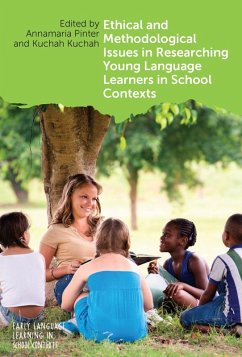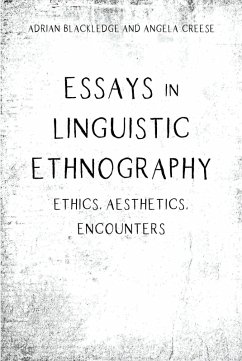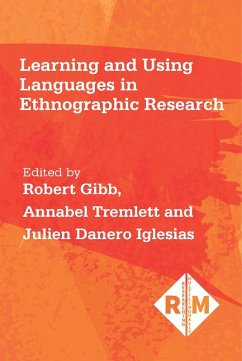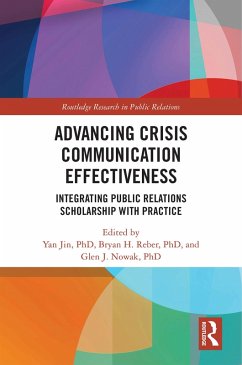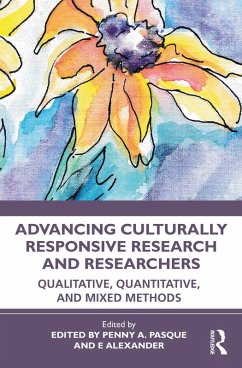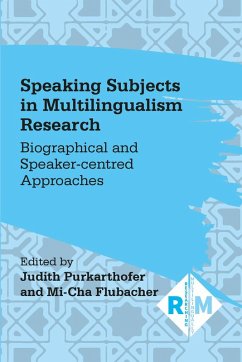
Advancing Language Research through Q Methodology (eBook, ePUB)

PAYBACK Punkte
9 °P sammeln!
This volume investigates the ways in which Q methodology can uncover and foreground new perspectives and contribute to language education and language policy research. It demonstrates the flexibility of this research methodology in addressing dynamic and complex language issues across a variety of educational topics and geographical contexts. The chapter authors use Q methodology to explore topics such as identity, motivation, cognition, emotion, pre-service and in-service teacher beliefs and to evaluate language programmes, curricula and policies. These contributions highlight Q methodology's...
This volume investigates the ways in which Q methodology can uncover and foreground new perspectives and contribute to language education and language policy research. It demonstrates the flexibility of this research methodology in addressing dynamic and complex language issues across a variety of educational topics and geographical contexts. The chapter authors use Q methodology to explore topics such as identity, motivation, cognition, emotion, pre-service and in-service teacher beliefs and to evaluate language programmes, curricula and policies. These contributions highlight Q methodology's potential to inform theoretical developments by revealing fresh perspectives on contemporary issues and generating new hypotheses. They foster further Q methodology research, demonstrating how it can contribute to a science of subjectivity and allow researchers to value the perspectives of all stakeholders for more inclusive research. This book will be of interest to graduate students and researchers in language education and language policy research and those in the broader field of social sciences looking to expand their knowledge of the methodology and how it can be used to study contemporary, dynamic and complex issues.
Dieser Download kann aus rechtlichen Gründen nur mit Rechnungsadresse in A, D ausgeliefert werden.







